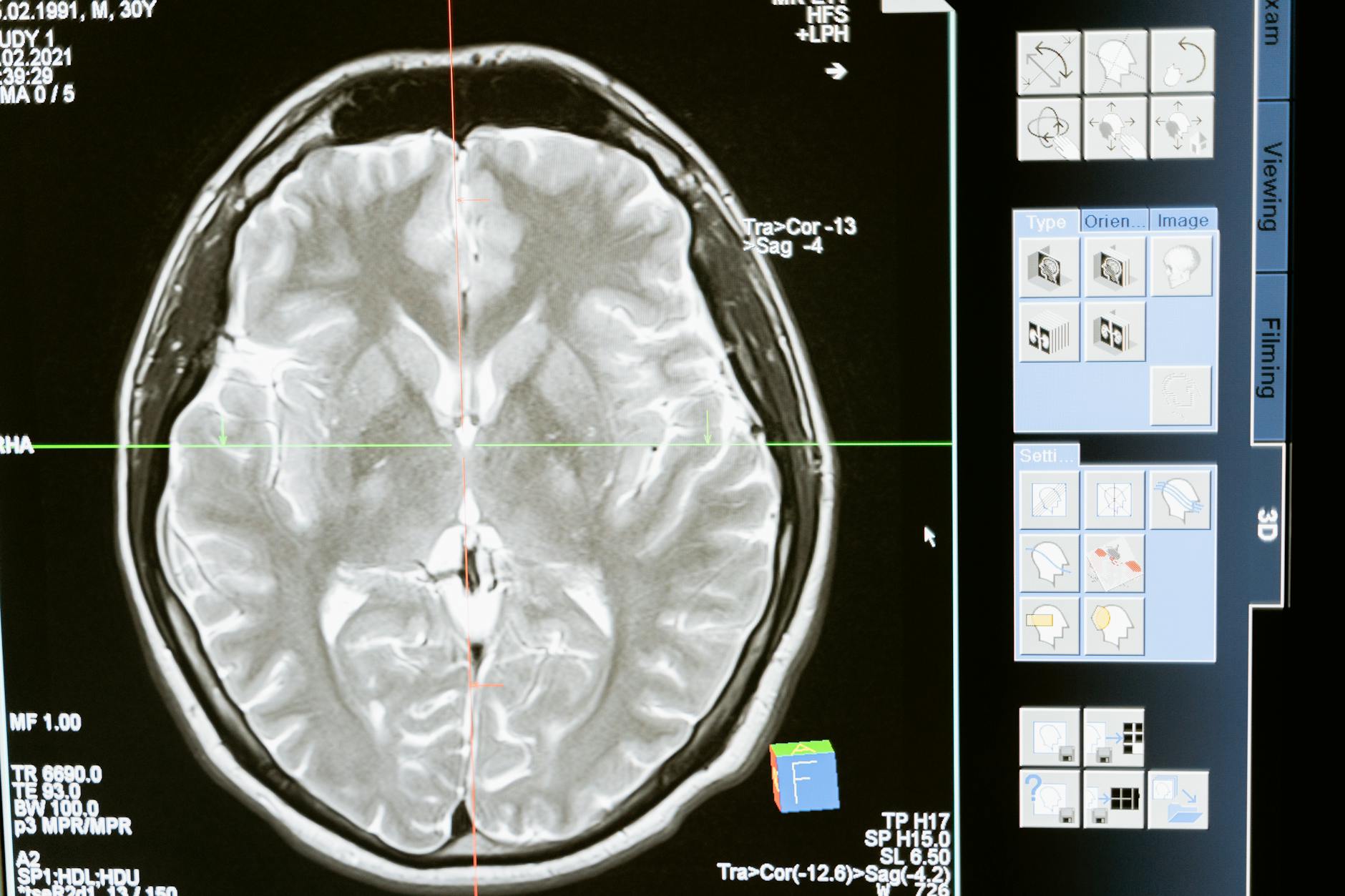Uncover the hidden dangers of Graves Disease and its impact on your health. Don’t miss out on this vital information!
Table of Contents
Graves Disease is a thyroid disorder that affects millions of people worldwide. It can have a significant impact on an individual’s health and daily life. Understanding the symptoms, causes, and treatment options for this condition is crucial for managing it effectively.
What is Graves Disease?
Graves Disease is an autoimmune disorder that leads to overactivity of the thyroid gland. This results in the production of excessive amounts of thyroid hormone, causing a wide range of symptoms that can affect various systems in the body. Common symptoms of Graves Disease include weight loss, rapid heartbeat, tremors, and fatigue.
The Impact of Graves Disease on Your Health
Graves Disease can have a profound impact on your overall health and well-being. If left untreated, it can lead to serious complications such as heart problems, eye issues, and osteoporosis. Proper management of Graves Disease is essential to prevent these potential consequences.
Diagnosis and Treatment
Diagnosing Graves Disease involves a combination of blood tests, imaging studies, and physical examinations. Once diagnosed, treatment typically involves a combination of medications, radioactive iodine therapy, and in some cases, surgery. It is important to work closely with your healthcare provider to determine the best treatment plan for your specific situation.
Living with Graves Disease
Living with Graves Disease can present challenges, but with proper management and lifestyle changes, it is possible to lead a fulfilling life. It is important to monitor your symptoms, take medications as prescribed, and maintain a healthy diet and exercise routine. Additionally, regular follow-up appointments with your healthcare provider are essential for tracking your progress and adjusting treatment as needed.
| Impact | Description |
|---|---|
| Weight Changes | Graves Disease can cause significant weight loss despite increased appetite, or weight gain due to slowed metabolism. |
| Heart Problems | Thyroid hormone imbalances can lead to rapid heart rate, palpitations, high blood pressure, and increased risk of heart failure. |
| Osteoporosis | Reduced bone density due to hyperthyroidism increases the risk of fractures and bone health complications. |
| Eye Disorders | Graves Disease can cause bulging eyes, double vision, eye discomfort, and in severe cases, vision loss. |
| Mental Health Issues | Thyroid imbalances can lead to anxiety, depression, mood swings, and cognitive impairments. |
Support and Resources
Managing Graves Disease can be overwhelming at times, but you are not alone. There are numerous resources available to provide support and guidance on living with this condition. Support groups, online forums, and educational materials can be valuable tools in helping you navigate the challenges of Graves Disease.
Conclusion
Graves Disease is a complex condition that requires comprehensive management to ensure optimal health outcomes. By understanding the impact of Graves Disease on your health, actively participating in treatment, and seeking support when needed, you can effectively manage this condition and improve your quality of life.
FAQs
Question 1: What are the risk factors for developing Graves Disease?
Answer 1: Risk factors for Graves Disease include genetics, gender (more common in women), stress, smoking, and previous viral infections.
Question 2: Can Graves Disease be cured?
Answer 2: While Graves Disease is not curable, it can be effectively managed with proper treatment and lifestyle modifications.
Question 3: Are there any natural remedies for Graves Disease?
Answer 3: While natural remedies may help manage symptoms, it is important to consult with a healthcare provider before incorporating them into your treatment plan.
Question 4: Is Graves Disease a life-threatening condition?
Answer 4: If left untreated, Graves Disease can lead to severe complications that may be life-threatening. Prompt diagnosis and appropriate treatment are crucial for managing the condition effectively.




